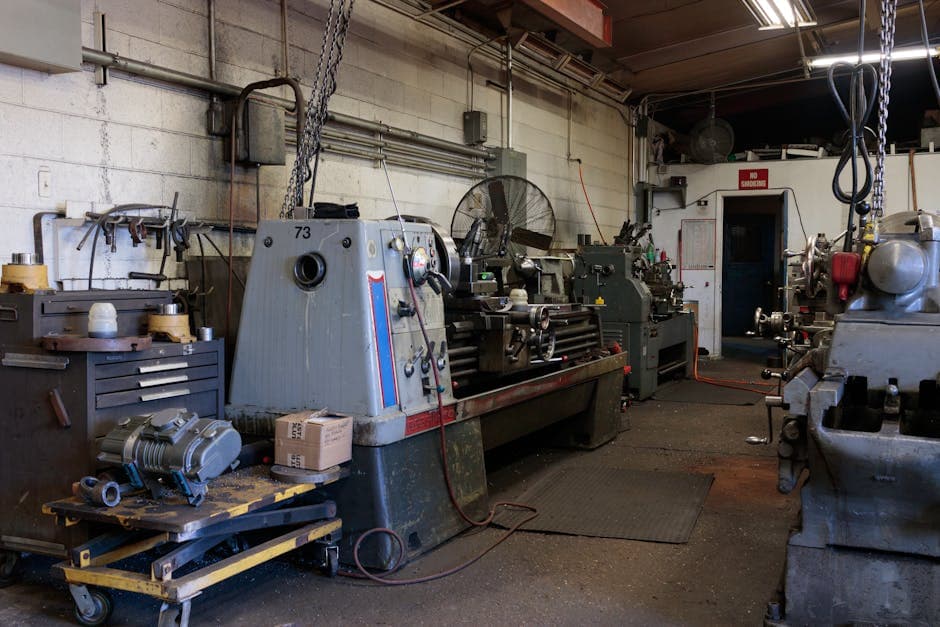
The Importance of Quality Valves in Oil and Gas Operations
In the oil and gas industry, the reliability and performance of equipment are paramount to ensuring operational efficiency, safety, and environmental protection. Among the various components that make up oil and gas infrastructure, valves play a critical role in controlling the flow of fluids throughout the system.
Why Quality Matters in Valve Selection
The harsh conditions present in oil and gas operations—including high pressures, extreme temperatures, and corrosive environments—demand valves that can withstand these challenges while maintaining optimal performance. High-quality valves offer several advantages:
- Enhanced Safety: Premium valves are designed with robust materials and construction techniques that minimize the risk of leaks, failures, or malfunctions, thereby protecting personnel and the environment.
- Improved Efficiency: Precision-engineered valves ensure accurate flow control, reducing energy consumption and optimizing process performance.
- Extended Lifespan: Quality valves typically have better wear resistance and durability, resulting in fewer replacements and reduced maintenance requirements.
- Compliance with Regulations: Reputable valve manufacturers adhere to industry standards and regulations, ensuring that their products meet or exceed safety and environmental requirements.
Types of Valves in Oil and Gas Applications
Different segments of the oil and gas industry require specialized valve types:
Upstream Operations
In exploration and production, valves must withstand high pressures and often corrosive well fluids:
- Gate Valves: Used for on/off control in high-pressure applications
- Choke Valves: Control flow rates from wells
- Ball Valves: Provide quick shutoff capabilities
Midstream Operations
Transportation and storage of oil and gas require valves that ensure safe and efficient movement of products:
- Pipeline Valves: Including block valves for emergency shutdowns
- Control Valves: Regulate pressure and flow in pipelines
- Check Valves: Prevent backflow in pipeline systems
Downstream Operations
Refining and processing introduce additional challenges such as high temperatures and corrosive chemicals:
- Globe Valves: Provide precise flow control in refinery applications
- Butterfly Valves: Offer efficient flow control in lower-pressure applications
- Safety Relief Valves: Protect equipment from over-pressurization
The Cost of Cutting Corners
While premium valves may require a higher initial investment, the long-term benefits far outweigh the costs. Consider the potential consequences of using substandard valves:
- Unplanned Downtime: Valve failures can halt operations, resulting in significant production losses.
- Repair and Replacement Costs: Frequent maintenance or early replacement of inferior valves can quickly exceed the cost of quality equipment.
- Safety Incidents: Valve failures can lead to leaks, spills, or even catastrophic events that endanger personnel and the environment.
- Regulatory Penalties: Non-compliance due to equipment failures can result in fines and increased scrutiny.
Selecting the Right Valve Partner
Working with knowledgeable suppliers who understand the specific requirements of oil and gas applications is essential. Look for partners who:
- Offer products from reputable manufacturers with proven track records
- Provide technical expertise and assistance in valve selection
- Support their products with comprehensive warranties and after-sales service
- Stay current with industry standards and technological advancements
At HPATS, we understand the critical nature of valve selection in oil and gas operations. Our team of experts works closely with clients to identify the most appropriate valve solutions for their specific applications, ensuring optimal performance, safety, and long-term value.
Conclusion
In the challenging environments of oil and gas operations, the quality of equipment can make the difference between smooth, profitable operations and costly disruptions. By investing in high-quality valves and working with knowledgeable suppliers, companies can enhance safety, improve efficiency, and achieve significant long-term cost savings.
About the Author
John Smith
Expert in Oil & Gas with years of industry experience. Regularly contributes insights and analysis on industrial trends and technologies.
You Might Also Like

Digital Transformation in Oil & Gas: Key Technologies for 2024
Explore how digital twins, AI, IoT, and robotics are revolutionizing the oil and gas industry in 2024, creating opportunities for enhanced efficiency, safety, and sustainability...

Advanced Water Treatment Technologies: Innovations for Industrial Applications
Discover the latest innovations in industrial water treatment technology, from smart water management systems and advanced membranes to PFAS removal solutions and resource recovery systems...

Water Conservation Technologies for Industrial Applications
Water is a precious resource that is increasingly under pressure from growing demand, pollution, and climate change. For industrial faciliti
